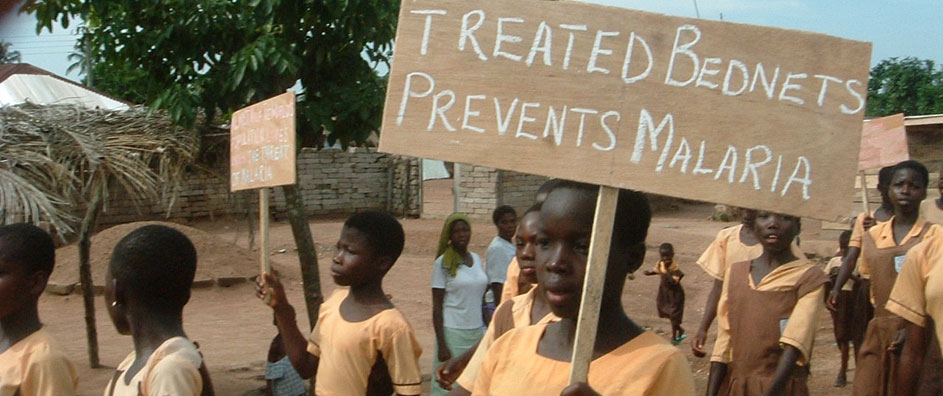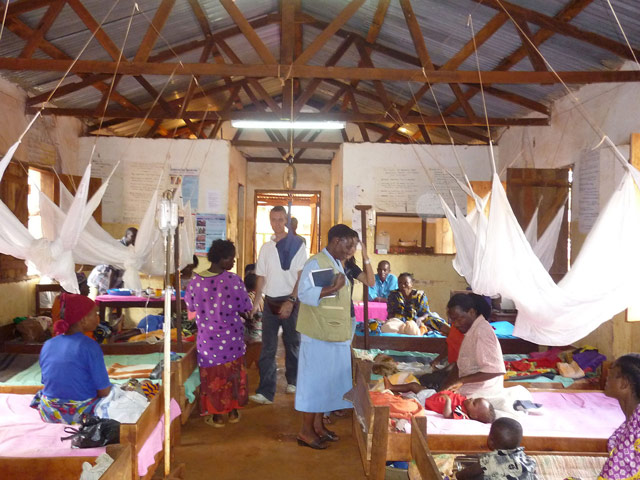The views expressed in our content reflect individual perspectives and do not represent the authoritative views of the Baha'i Faith.
Using the image of a candle and the light it sheds to symbolize the hallmarks of unity unfolding amongst mankind, Abdu’l-Baha said “The second candle is unity of thought in world undertakings, the consummation of which will ere long be witnessed.”
Baha’u’llah provided a pivotal example of this idea when he identified the Baha’i principle of a common world language, which he said would herald the “coming of age” or unifying maturation of an emerging world community:
O members of parliaments throughout the world! Select ye a single language for the use of all on earth, and adopt ye likewise a common script. … This will be the cause of unity, could ye but comprehend it, and the greatest instrument for promoting harmony and civilization, would that ye might understand! – The Most Holy Book, p. 88.
The unifying effect of the selection of a common language will appear from its common use, but also and perhaps primarily from the collective decision required. The Universal House of Justice expanded upon the light imagery from Abdu’l-Baha in the revolutionary document Century of Light, and emphasized generally the importance of this collective, decision-making process:
For unity to exist among human beings—at even the simplest level—two fundamental conditions must pertain. Those involved must first of all be in some agreement about the nature of reality as it affects their relationships with one another and with the phenomenal world. They must, secondly, give assent to some recognized and authoritative means by which decisions will be taken that affect their association with one another and that determine their collective goals.
The U.N.’s Millennium Development Goals program, one of the best and most current examples of unity of thought in world undertakings, consists of eight broadly defined global development goals with milestones and action plans. The program emerged from the Millennium Summit meeting of the United Nations’ member states and allied nongovernmental organizations in 2000, which both concluded the “Century of Light” and launched the new millennium starting with the year 2001.
Significantly, all 189 member states of the UN at the time agreed to the goals and the process, marking a rare sign of unity in an often fractious organization. The goals remarkably recapitulate the fundamental teachings of the Baha’i Faith, such as universal education, women’s rights, elimination of extreme poverty, justice, environmental stewardship, and so on. The eighth goal even aligns with the “unity in undertakings” ideal because it aims to establish a global partnership for development. Consistent with the statement from the Universal House of Justice above, we can see that those involved in crafting the Millennium Development Goals (or MDGs) came to an agreement about the nature of the relationships among nations regarding common problems (“reality”) and what to do about them; and then established an authoritative means (the Millennium Summit process and the United Nations) to take action.
The sixth of the MDGs has to do with a concerted, global, cooperative effort to reduce the burden of certain infectious diseases, including malaria. Baha’is have an interest in eradicating malaria for several reasons. First, malaria kills people at an alarming rate. The World Health Organization estimates that 627,000 malaria deaths occurred in 2012—all of them preventable. Second, people who live in the poorest countries have the highest malaria risk, and most of them are children under five years of age, the majority Africans.
Third, the region around Akka and Haifa, where Baha’u’llah and his followers and family arrived in 1868, was highly endemic for malaria, and it is very likely that Baha’u’llah and his followers and family suffered from it. Near the end of his earthly life in 1892, Baha’u’llah became feverish, and one description of the course of the illness suggests malaria as the cause.
We can stop this terrible disease, which takes such an unnecessary toll on the world’s children. If we continue to act as one world community, with “unity of thought in world undertakings,” we can join forces to end the needless suffering and death.

















Comments
Sign in or create an account
Continue with Googleor